With one hashtag—#OscarsSoWhite—industries across America were forced to put aside their proclaimed colorblindness and reconcile with their monochromatic tendencies. As a result, a constant stream of op-eds on journalism, architecture, art, publishing and philanthropic organizations have clamored about issues of diversity within their "overwhelmingly white" institutions.
Manchildblack, a DJ and concert promoter living in Brooklyn, watched these conversations from a distance. When he realized 2016 marked his tenth anniversary in the business, Manchildblack knew he would celebrate, but wanted to do so with a purpose. When he came across a few articles about the Dance Music industry he discovered a way to spark change.
In February, Thump, a channel on Vice’s website dedicated to Electronic Dance Music, ran a story titled "Why is Every Single Dance Music Festival Line Up Exactly the Same?" The piece lamented the tendency of promoters to book the same celebrity DJs to maximize profits. Other articles pointed out gender imbalances. Though the stories brought up valid points, for Manchildblack, it didn't go deep enough.
"I realized there wasn't a lot being said about the innovators of color. I mean black and brown people are the creators and founders of disco and house music and those two [genres] are the foundations of what we hear now. That's not celebrated. That's f---ed up," Manchildblack told NBCBLK in a telephone interview.
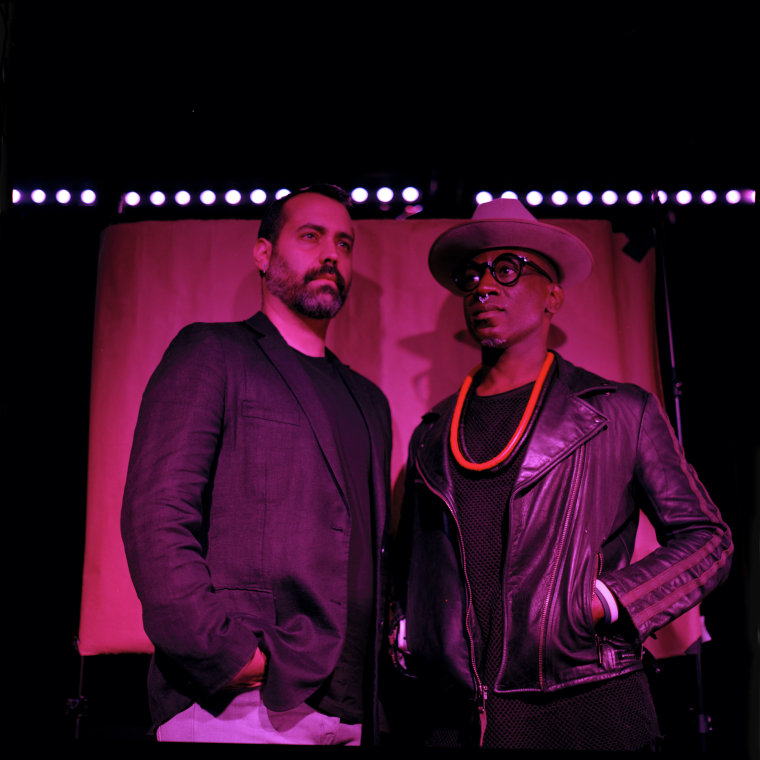
In that spirit, Manchildblack teamed up with long-time friend and collaborator, Eric Sosa, owner of C'mon Everybody, a nightclub in Brooklyn to launch a festival featuring black and brown EDM acts and DJs. "It's one thing to be annoyed and frustrated and it's another to use what you have where you are and use that to make some kind of change," Manchildblack said.
As soon as the Hype Life Music Festival was announced the reaction overwhelmed them. "It was so refreshing to have the response be so positive right away," said Sosa. The club owes its namesake to lyrics from the song "CHIC Cheer" by CHIC, meant to encourage all kinds of people to coexist under one roof. "People were messaging us to get on the lineup or help with promotion.... They believe in the message," Sosa continued.
With the help of a few friends, Hype Life music festival delivered a lineup of 11 DJs, of all colors, genders and identities. The first party took place on May 28th and served as reminder of the origins of warehouse music.
A few days later President Barack Obama declared June African-American Music Appreciation Month. In a Presidential Proclamation, he stated that "African-American music exemplifies the creative spirit at the heart of American identity and is among the most innovative and powerful art the world has ever known."
In many ways, Manchildblack's efforts to redraw focus toward less celebrated acts mirrors that of Obama's. His next move is to jumpstart the promoting of a new genre, BDM or Black and Brown Dance Music.
NBCBLK spoke to a handful of DJs of color to talk with them about their experiences within the EDM industry and representation. The quotes have been edited for style and brevity:
Zuzuka
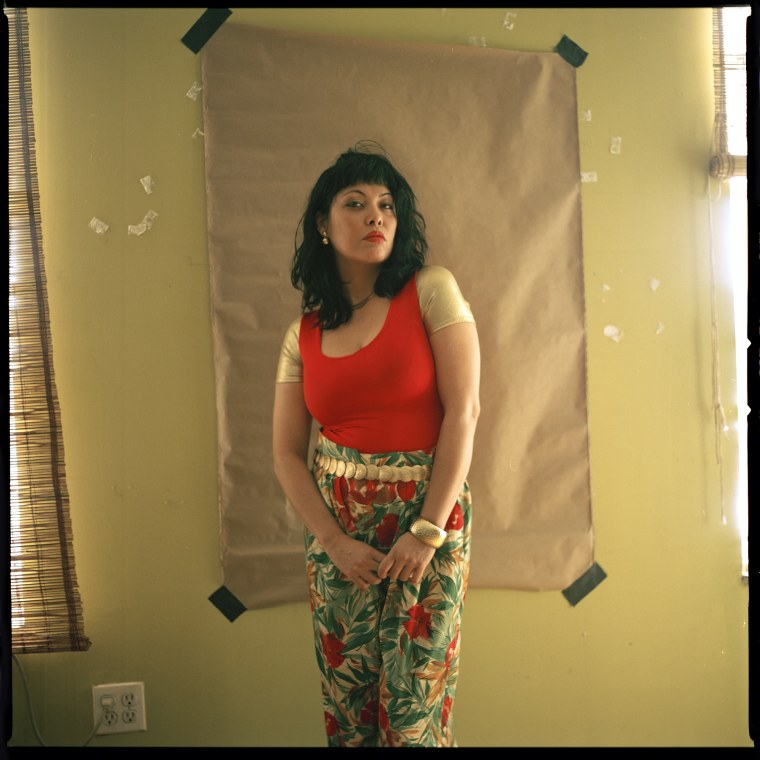
Zuzuka is an Brazilian EDM emcee and all vinyl DJ who raps in English, Portuguese and Spanish. Before becoming an emcee, she was DJing in the early 2000s and taking music classes at the New School in Manhattan. Around that time she became friends with people in the belafunk crowd who pushed her to get into the studio. Her first track, a remix of the Eurythmics classic “Sweet Dreams,” became a big hit with DJs across the city adding it to their club mix. She has been making music ever since.
"I have been to many festivals where I am the only woman and I don't feel good about that, but I will perform. Just the idea of having one woman on the line up is not okay. Everyone is inspired by black music. The industry is whitewashing and it is really sad. Thank God we have Afropunk because they focus on black music and culture. So we have one festival focused on that, but that is not electronic music. Music business at the end of the day is about dominating. I love that Manchildblack and Eric have this idea to have a curated festival focused on brown and black music. It is a necessary step forward."
Rich Medina
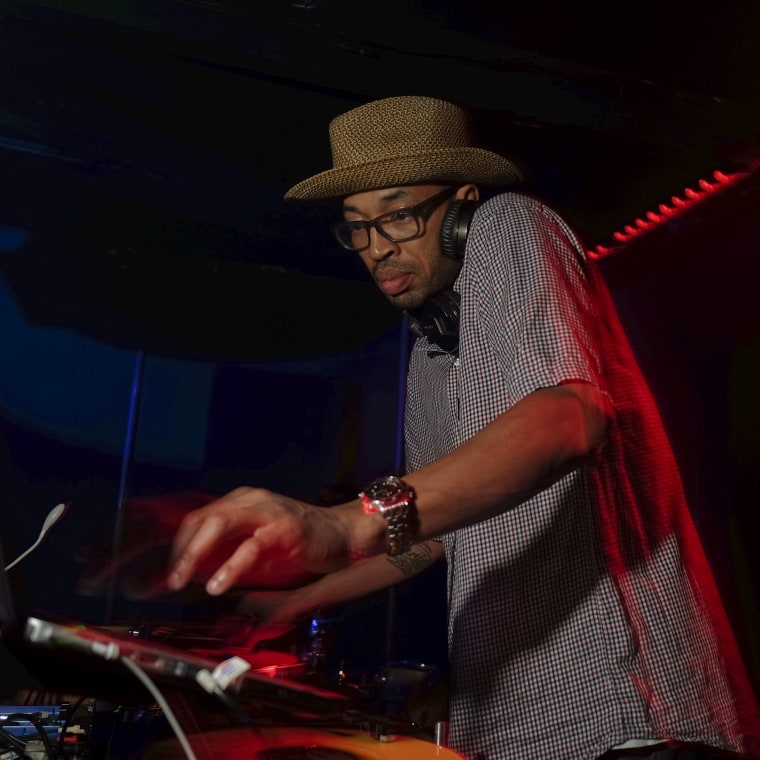
If you live in the U.S. and are fan of Fela Kuti, you can thank Rich Medina, who is largely credited for introducing the States to the Nigerian artist's afrobeat genre. Medina started DJing at the early age of 12 and was spinning for the Meatpacking District's nightclubs before it was cool and expensive. His mixes are a blend of funk, house, soul, afrobeat, hip-hop and dance classics. With 20 years and counting Rich Medina has established himself as a verifiable figure in the history of music and sits on the Board of the largest collection of Hip Hop artifacts at his Alma Mater Cornell University.
"There are all forms of networks. In America you got the old boy network, which is typically old, white and male. The new network is young, white and male. Both of those models are touted as the definition of success. When you talk about commercialization of music, it's not designed for talent; it's designed for nepotism. The idea that melanated skin can be an obstacle to your ease of entry to opportunity at times is not news. My high school basketball coach told me 'Son, when we play an away game, you have to beat 7, the five players and the two refs.' So I approach everything as an away game. You can be green with stripes and polka dots, but if you're dope, you're dope."
DJ Beto and Ushka
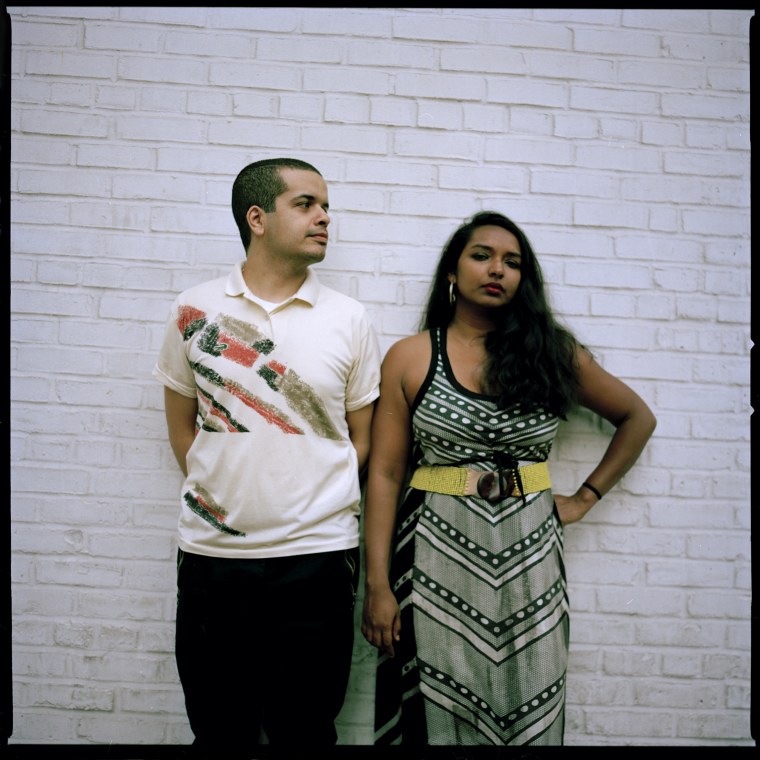
Beto Sepulveda has been spinning hip hop, dancehall, reggaeton and cumbia records since his teenage years. When he met Thanushka "Ushka" Yakupitiyage through a mutual friend in 2012, Beto began mentoring her in the art of DJing and soon they were spinning together. Both have separate lives that are very different from their DJ personas. Beto works as a arts and culture programmer while Ushka works as an immigration rights activists. Together they make up the duo known as iBomba.
Ushka: “I feel like women of color need to work three times as hard to be taken seriously -- I’ve had experiences where sound technicians have treated me with such condescension, as if I don’t know how to use a DJ mixer.
EDM or ‘electronic dance music’ is a term that came about in 2010. It was basically a branding tactic for mainly white male DJs from Europe and the U.S. who were playing huge stadiums and festivals. I have no interest in branding what I play as ‘EDM.’ I think it’s really exciting that a venue like C’mon Everybody is creating a space for people of color. In gentrifying Brooklyn, a lot of new venues are not trying to cater to people of color.
Beto: “I’ve only DJ’ed for a majority white audience maybe once in my life as a DJ. I think that speaks to the fact, that there’s different scenes and different people who all need great music. Even in the rave culture of the 90’s, the parties were all distinguished by genre i.e., house, techno, drum and bass or even sub-genres like ghetto house, afro house, deep house. I used to go to raves once in awhile as a teen in Chicago. These parties were run by independent promoters at clubs, warehouses, and lofts, and weren’t very mainstream.
People of color have a huge legacy in creating electronic dance music, but I doubt any person of color would want to take credit for what people understand to be EDM. I wish music writers that challenge EDM’s diversity problems would show as much love to covering DJs who’ve been holding down diverse, vibrant scenes for years that put people of color in the center like Soul Summit and a lot of the artists who were featured at Hype Life Festival. I’ve always thrown my own parties and got booked at gigs that had more diverse audiences and an appreciation for my sound. I’m a big believer that If you build it, folks will come.”
Ian Friday
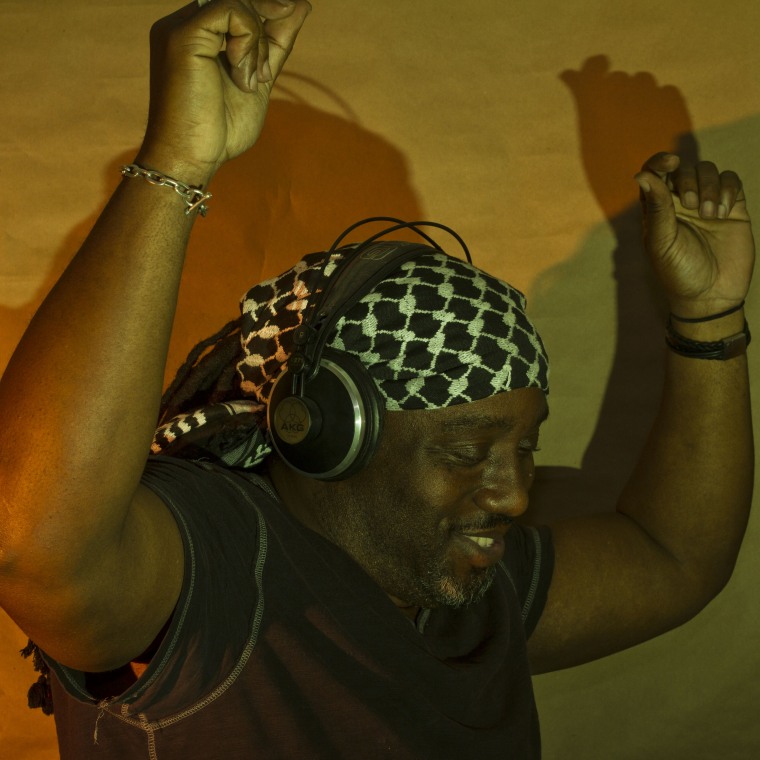
Ian Friday is a poet, DJ and producer who started spinning at a time when hip hop was still underground. He is the founder of Global Soul Music, a music company with the "mission to bring soulful music from around the world to the masses." In 1994 he started an open mic called The Tea Party, which supported acts such as Erykah Badu, Talib Kweli and Mos Def at the beginning of their careers. Today he DJs all over the world and holds the title of Resident DJ at the famed Libation Party in NYC.
"The lifestyle of a DJ is sexy, but it's hard on the body. The potential for money and celebrity is there in a way that it hasn't been for the folk that really do it, the meat and potatoes, blue collar DJs. They don't have that access or lifestyle. The notion of EDM is really built upon the culture that sprang up in the 80s around house music. It's forefathers like Ron Hardy and Frankie Knuckles in Chicago, Kenny Saunders and the whole Detroit Techo People and Larry Larand, Tony Malcusi in New York and New Jersey... I mean these are all people of color. Like many things that have been co-opted from people of color, [EDM] doesn't look like the people who originated it. [DJing] is a struggle, it continues to be a struggle. You have to deal with the changing musical tastes, climate. You have to work at maintaining both your musical integrity and trying to stay relevant, creatively.”
